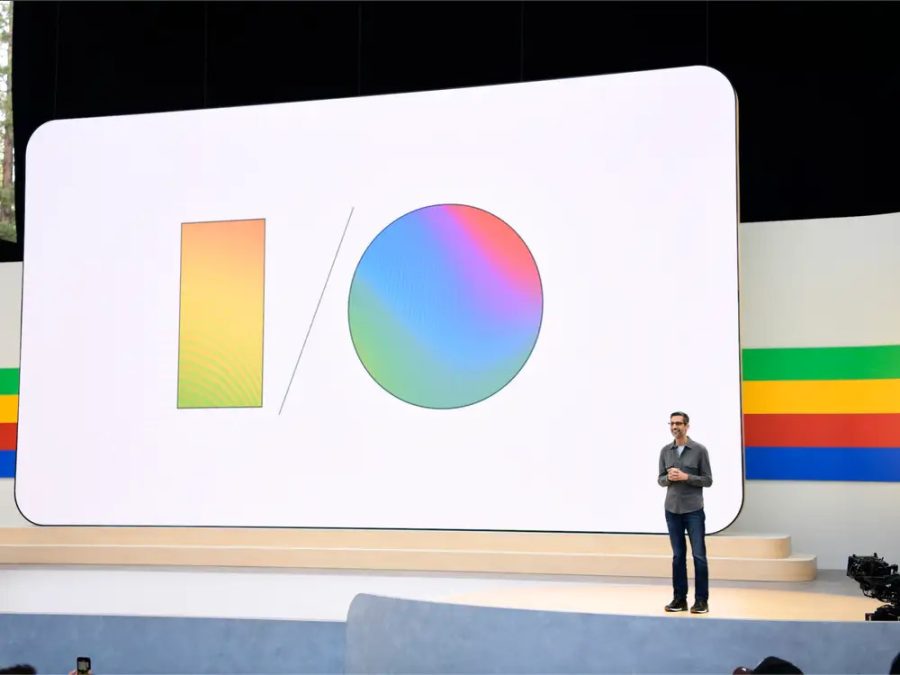‘Let Google do the searching for you’ is the expression the search engine is running with after it has shaken up its tried-and-true search format.
On Tuesday (May 14) the company formally announced the AI-powered changes at I/O, Google’s annual conference for developers.
Instead of Google being the go-to for finding the most relevant websites and resources for searches, the search engine will now provide direct answers, help brainstorm ideas, and even plan events.
The announcement of the major change comes just a day after rivals OpenAI released its GPT-4o model.
Although the CEO Sam Altman has denied rumors about a search engine being rolled out with the new technology, the lead-up was filled with speculation.
While Google was once in a league of its own, it’s fair to say that OpenAI is quick on its tail offering intense competition.
Liz Reid, VP and Head of Google Search, explains the introduction of AI: “Over the past 25 years, across many technological shifts, we’ve continued to reimagine and expand what Google Search can do.
“We’ve meticulously honed our core information quality systems to help you find the best of what’s on the web. And we’ve built a knowledge base of billions of facts about people, places, and things – all so you can get information you can trust in the blink of an eye.”
The generative AI introduction means you can input searches in the same way, but Google will now do the legwork. This is done through a new Gemini model that has been customized for the searching feature.
While the team behind the product are understandably singing its praises, it’s leaving some with concerns.
Many businesses worldwide rely on search traffic to help their work be discovered, journalism funded, and advertisers enticed.
There’s a huge community of bloggers, journalists, and content creators whose main revenue stream comes from search engines propelling their sites to the top of results. This leads to more clicks, brand awareness, and increased advertiser pay outs in response to their work.
While individuals may reap the benefits of AI features, the slow loss of human elements could be detrimental to businesses.
Features of the new Google Search
The first change you’ll notice is the ‘AI Overviews’ feature which is now being rolled out to everyone in the United States. They say more countries will be able to access this soon.
The overviews section provides a quick answer to your search, along with links to learn more.
In time, the AI Overview tool can be adjusted if you’re looking for more simplified language or child-friendly answers to satisfy curiosity.
A ‘Plan Ahead’ element has been incorporated into Google search too, so if you ask for a 3-day meal plan it will create this for you.
Then, one of the most substantial changes is the completely AI-organized results page. Every item that pops up once the search button is clicked will be generated by artificial intelligence to make “it easy to explore.”
This will start with searches that are looking for inspiration, whether that’s for new movie suggestions or dining and recipe help.
If words aren’t your thing, you’ll soon be able to ask Google your search query through video too.
This will be available soon for Search Labs users in English in the U.S., with expansion into more regions over time.
Featured Image: Photo by Solen Feyissa on Unsplash


















